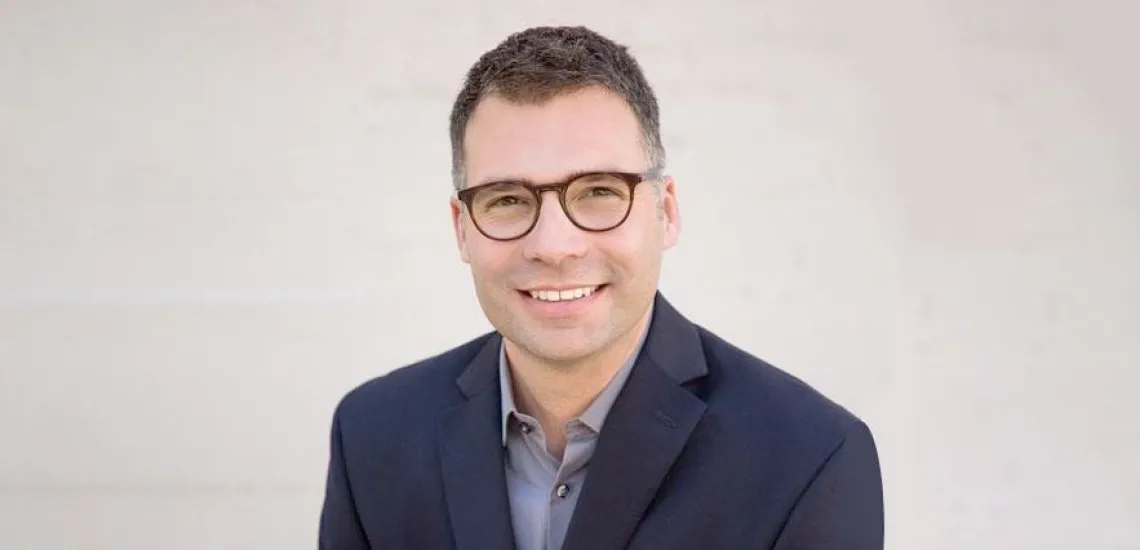Assistant Professor Jonathan Bean Named 2021 CUES Distinguished Fellow for ‘Climate Heroes’ Curriculum

Jonathan Bean, assistant professor of architecture, sustainable built environments and marketing in the College of Architecture, Planning and Landscape Architecture at the University of Arizona, has been named one of four 2021 CUES Distinguished Fellows by UArizona’s Center for University Education Scholarship.
Bean’s project, Climate Heroes: Transforming the Built Environment, addresses the fundamental challenge of our time: climate change.
“In my teaching, I've observed that students are looking for a toolkit to address climate change, which is a problem they care deeply about,” says Bean. “Like many of our society’s grand challenges, however, one of the most important lessons students can learn is that we don’t yet have all the answers, so there’s enormous opportunity if students start to see themselves as lifelong learners. That’s hugely empowering to students, and it’s also the only way we’re going to realize the potential to decarbonize the built environment. We can have a climate-positive world, but to get there, we’re going to need every one of our current and future architects and other built environment professionals pulling together.”
Under the funded fellowship, Bean will develop curriculum that is drawn from architecture, engineering, building science and social science to prepare students to lead the climate change transition. Pedagogy will be informed by Legitimation Code Theory, which “offers a robust set of tools to understand knowledge and information flow within and between academic disciplines and professional fields,” says Bean.
The three-year fellowship is designed to build students’ sense of agency to address climate change while increasing intrinsic motivation for self-driven learning, equip students with tools to build domain-specific specialized knowledge and move that knowledge between built environment disciplines, and deepen UArizona’s leadership in foundational and applied climate change education for the built environment.
Climate Heroes: Transforming the Built Environment will ramp up over three years:
Year 1. Pilot an expert-mentor model in an existing architecture building technology course, impacting 75 architecture students.
Year 2. Broaden impact to 100 by enrolling Sustainable Built Environments, Architectural Engineering and Architecture students in the newly developed Building Climate Heroes course.
Year 3. Integrate with UArizona’s emerging general education curriculum with the potential to impact students across the university to become aware of the opportunity posed by our built environment and then entrust the course to a dedicated instructor.
Bean, who joined CAPLA in 2017, is a PHIUS Certified Passive House Consultant and serves on the board of the Passive House Alliance U.S. He also serves as scholarship chair for the Society of Building Science Educators. His architecture student teams have participated in the last four U.S. Department of Energy Solar Decathlon Design Challenges, where they have developed the innovative SunBlock distributed district energy system concept. A faculty advisor for the Master of Science in Architecture Market Transformation Concentration, Bean’s research transits the fields of building technology and energy use, consumer research, human-computer interaction, architecture and design with a focus on taste and consumption. He holds a PhD in Architecture from the University of California at Berkeley.



